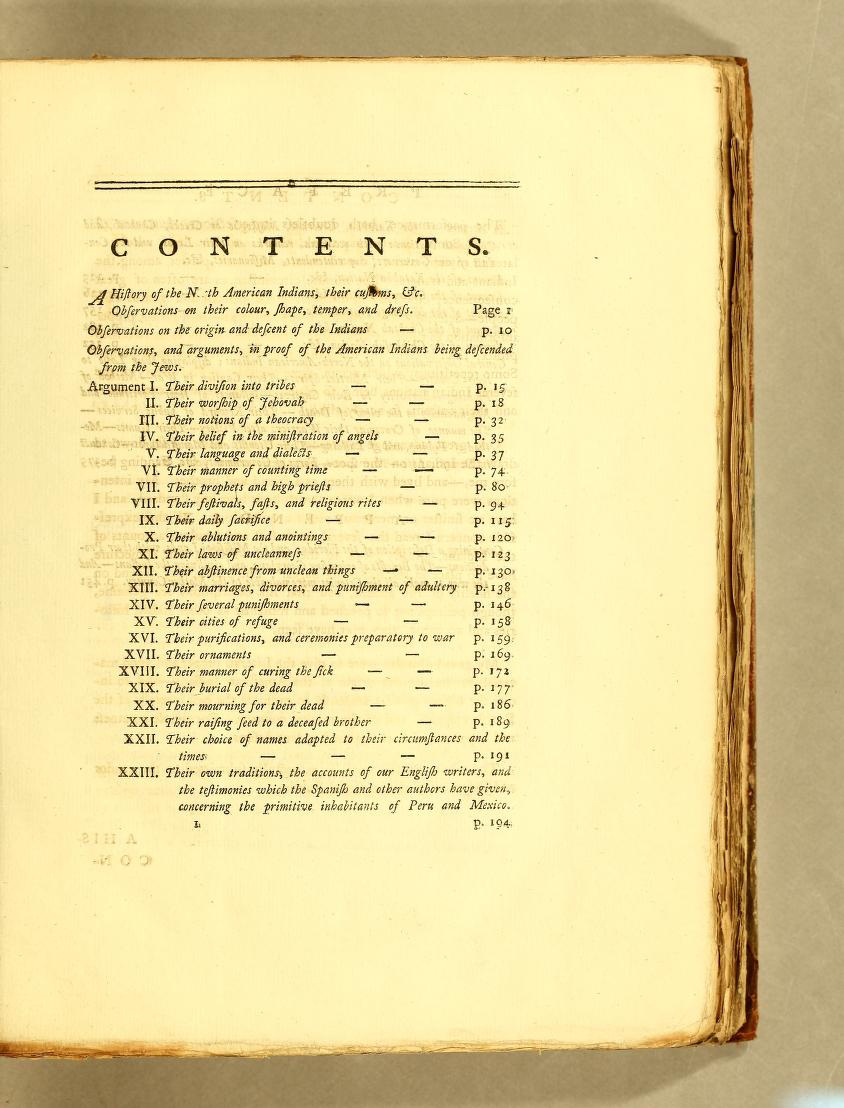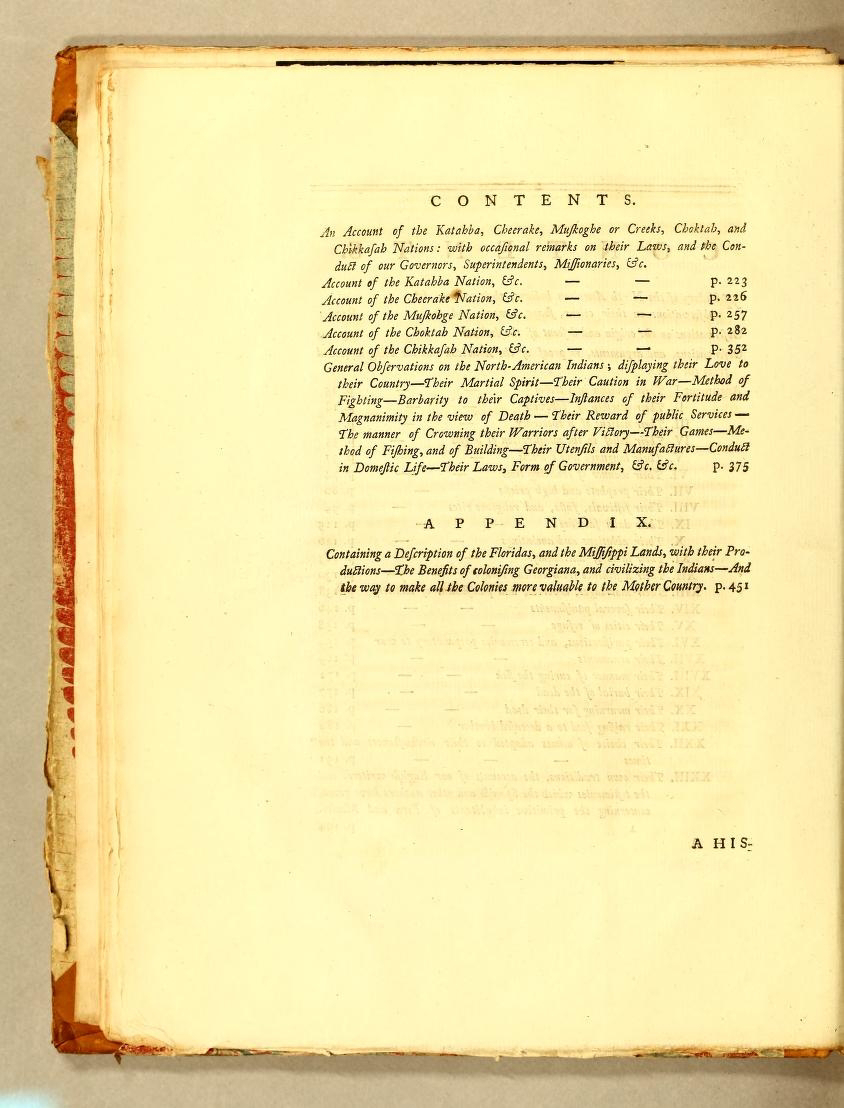I was working on typing up my analysis sorrounding the story of Nephi retrieving the brass plates from Laban; When something occured to me... I had completely forgotten to address one crucial idea.
Why did the story of the Book of Mormon start in Jerusalem?
Unbelievable. I'm kicking myself a bit. So I'm taking a moment to go back write this as post number 5.1, as it should have been discussed after the concept of re-contextualization and before touching First Nephi.
Oh well. Live and learn.
Remember that Nephi's family needs to eventually end up in the Americas to establish themselves as the ancestors to the Native Americans. This wasn't a claim unique to the Book of Mormon. Ever since the discovery of the New World, many people speculated about where its inhabitants came from.
It was a commonly held belief that the Native Americans were a lost tribe of Israel. Which is likely why Smith initially placed Lehi's family in Jerusalem just before it was taken captive Babylon. Jeremiah prophesied that the Babylonian captivity would result in a scattering of the Isrealites, which gives Smith the perfect setting to justify a large group's departure from the region in his book.
But why did Americans in the 18th and 19th centuries believe so strongly in the lost tribe theory? In my research I was actually surprised to learn that many of the evidences presented to me by Mormon apologetics, are also incredibly common arguments for this theory in the 18th and 19th centuries. Many justifications for the theory were circulated in the community, even before the Book of Mormon was written.
I'll share many of these arguments in detail as we encounter them in later chapters. Right now, lets cover the idea that Native American beliefs and practices in general, were based on Jewish tradition.
I picked those two terms very intentionally.
...in general...
...based on...
Pretty much every piece of evidence from the time was based on broad and misrepresented perspective of the Native Americans. They were formed by first deciding that they were of Israelite descent and then by forcing cultural examples to fit this narrative. Simply put, it's bad science. Nevertheless, people adhered to it and it no doubt played a role here.
The book, The History of the American Indians (1775) by James Adair, gives us the some insights of these supposed arguments that support the lost tribe theory.

James wasn't just any other historian, he actually lived with the Native Americans for years, which influenced much of the source material for his Book. As you can see by the title page, he was incredibly thorough.

As I read through this book, I couldn't help but wonder if Joseph Smith himself had read it , as much of what Adair had to say seems to line up with Joseph Smith's own title page and preface to the Book of Mormon. Im going to show a few ideas presented by Smith in his title page that we also find in Adair's book.
~~~~~ The Book of Mormon ~~~~~
AN ACCOUNT WRITTEN BY THE HAND OF MORMON, UPON PLATES TAKEN FROM THE PLATES OF NEPHI.
"Wherefore it is an abridgment of the Record of the People of Nephi; and also of the Lamanites; written to the Lamanites, which are a remnant of the House of Israel;
~~~~~History of the American Indians~~~~
"The history of the American Indians; particularly those nations adjoining to the Mississippi, East and West Florida, Georgia, South and North Carolina, and Virginia (Title page)
" Observations, and arguments, in proof of the American Indians being decended from the Jews." (Contents)
History of the American Indians (Contents)History of the American Indians (Contents cont.)~~~~~ The Book of Mormon ~~~~~
"and also to Jew and Gentile; written by way of commandment, and also by the spirit of Prophesy and of Revelation. Written, and sealed up, and hid up unto the Lord, that they might not be destroyed; to come forth by the gift and power of God, unto the interpretation thereof; sealed by the hand of Moroni, and hid up unto the Lord, to come forth in due time by the way of Gentile; the interpretation thereof by the gift of God; an abridgment taken from the Book of Ether." (Title Page)
~~~~~History of the American Indians~~~~
"containing an account of their origin, language, manners, religious and civil customs, laws, form of government, punishments, conduct in war and domestic life, their habits, diet, agriculture, manufactures, diseases and method of cure, and other particulars, sufficient to render it a complete Indian system." (Title Page)
~~~~~ The Book of Mormon ~~~~~
"Also, which is a Record of the People of Jared, which were scattered at the time the Lord confounded the language of the people when they were building a tower to get to Heaven; which is to shew unto the remnant of the House of Israel how great things the Lord hath done for their fathers; and that they may know the covenants of the Lord, that they are not cast off forever; and also to the convincing of Jew and Gentile that Jesus is the Christ, the Eternal God, manifesting Himself unto all nations." (Title page)
~~~~~History of the American Indians~~~~
"From the most exact observations I could make in the long time I traded among the Indian Americans, I was forced to believe them lineally descended from the Israelites, either while they were a maritime power, or soon after the general captivity ; the latter however is the most probable. (pg 13-14)
~~~~~ The Book of Mormon ~~~~~
"And now if there be fault, it be the mistake of men; wherefore condemn not the things of God, that ye may be found spotless at the judgment seat of Christ. (Title Page)
 The History of the American Indians (pg 3)
The History of the American Indians (pg 3)6 - I Nephi
We discuss Nephi's introduction and its potential tie to American history.
New here? Consider starting at the first post.




Comments
Post a Comment